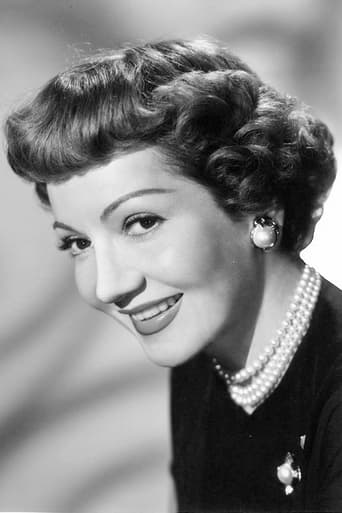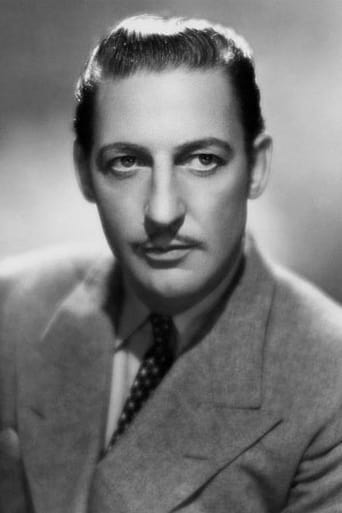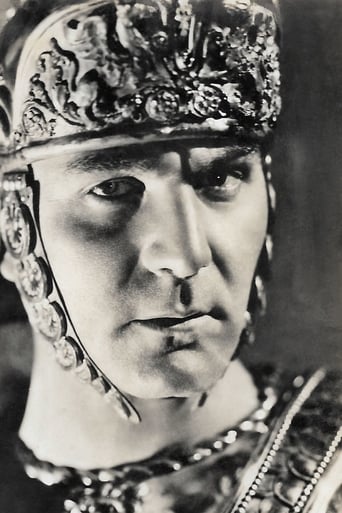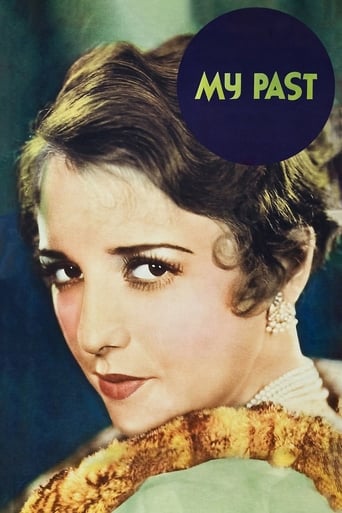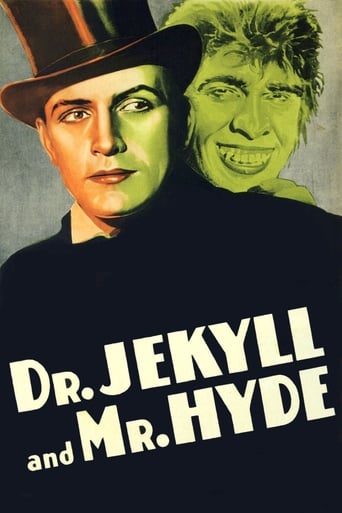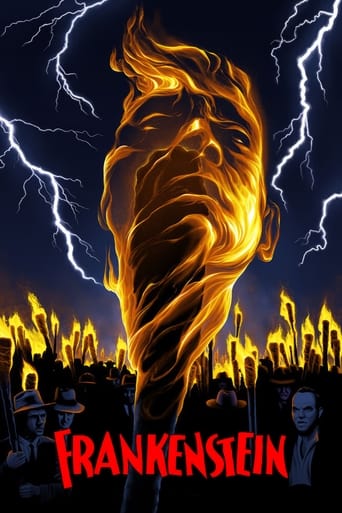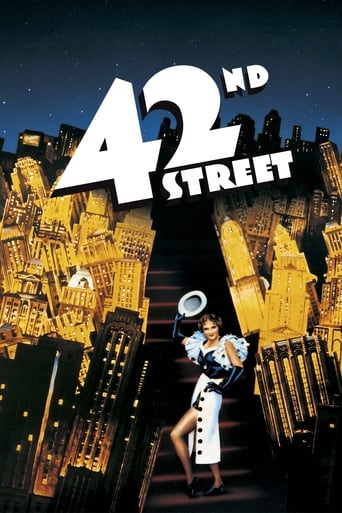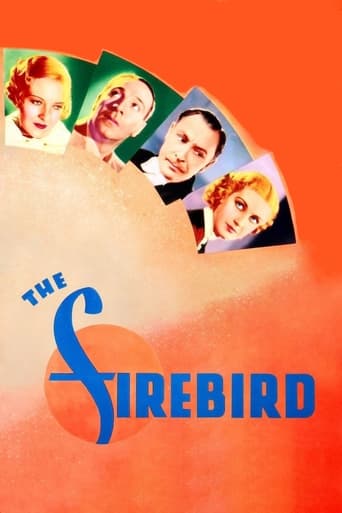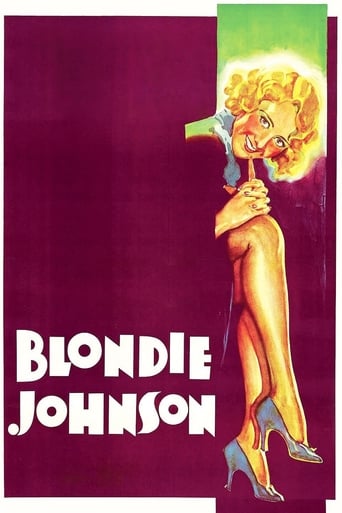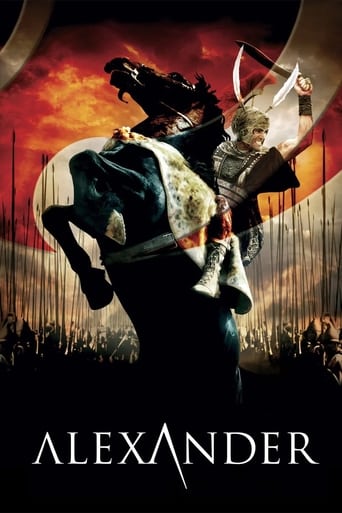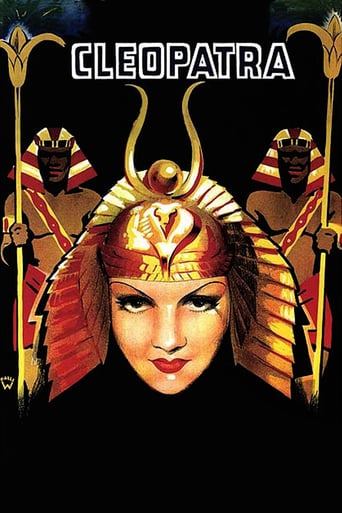

Cleopatra (1934)
The queen of Egypt barges the Nile and flirts with Mark Antony and Julius Caesar.
Watch Trailer
Cast


Similar titles
Reviews
Sick Product of a Sick System
Although I seem to have had higher expectations than I thought, the movie is super entertaining.
Blistering performances.
This is one of the best movies I’ve seen in a very long time. You have to go and see this on the big screen.
After seeing the longest movie in my entire life, I ended up watching this because once again, I heard it's a version of Shakespeare's "Antony And Cleopatra". The battle scenes are easily the best parts of the movie. It does kind of drag on with the conversations. Well, who am I say that after watching a four half version? As always, there's no reason to put up spoilers because we already know what's going to happen. Now only is it a story hundreds of years old, but it happened in real life! I knew little about Claudette Colbert.The dialogue is still quite nice. They actually ask at one point if Cleopatra is black. That actually is a realistic representation of her physical appearance because there's no reason to think she was. She was still ugly, though. It does make me wonder if these films could also qualify as versions of Shakespeare's "Julius Caeser" as they also show his assassination. Well, they don't really show the fate of Brutus, so its not quite the same story. ***
Director Cecil B. DeMille pulled out all of the stops for this epic production of "Cleopatra". Following his success with "The Sign of the Cross" two years earlier, and the emergence of Claudette Colbert as a major star, and in spite of the poorly received "Four Frightened People", he went back to what he knew best: the Roman epic.The story in brief, centers around the relationships between the seductive Cleopatra (Colbert), Julius Caesar (Warren William) and Marc Antony (Henry Wilcoxen). First when Caesar moves to take over Egypt, she seduces him and convinces him to divorce his wife Calpurnia (Gertrude Michael) and to return triumphantly with her to Rome. Some members of the Roman Senate object to Caesar's plans and assassinate him on the fateful "ides of March".Cleopatra with the help of her faithful Egyptian aide Apollodorus (Irving Pichel), escapes to Egypt. Caesar's friend and ally Marc Antony vows revenge and sets out for Egypt to bring Cleopatra back in chains. Antony's rival Octavian (Ian Keith in a part similar to the one he played in "The Sign of the Cross") waits for Antony to make a mistake. Antony arrives in Egypt and is immediately taken under Cleopatra's spell. Apollodorus sees his opportunity and leads a movement in Rome to have Antony declared a traitor and wage war against Antony and Cleopatra. Antony's generals led by the steadfast Enobarbus (C. Aubrey Smith) desert him and..............................As the new Production Code was adopted in 1934, DeMille didn't have the leeway with nudity, sex and violence that he had two years earlier. Still and all he managed to sneak a few scenes past the censor. Colbert's costumes though less revealing still left the viewer with the impression that he had seen something. The scenes on Cleopatra's barge with the scantily clad dancers and the drawing of the drapes scene, left little to the imagination.As was the custom with DeMille epics, he spared no expense when it came to the lavish costumes and stunning sets. The battle scenes are excellent and realistically staged.Claudette Colbert was the perfect choice as Cleopatra. She was at the top of her game at this time and created what is widely believed to have been her greatest role although she never worked with DeMille again. Warren William makes an excellent Julius Caesar displaying poise and maturity as the Roman emperor and the weakness which ultimately proves to be his downfall. Henry Wilcoxen makes a viral and ambitious Antony who follows Caesar into Cleopatra's web of lust and deceit. Mention should also be made of Joseph Schildkraut as the deceitful King Herod who brings word from Rome. David Niven is listed on the cast list as a slave, but I couldn't spot him.Demille was able to tell the same story in 100 minutes that took the 1963 re-make with Elizabeth Taylor over four hours to tell. No body could better Demille's skill with epic film.
Unfortunately, the colossal failure of the 1963 Cleopatra has overshadowed the less opulent but superior 1934 version. In his obsession to throw money at the production to assure its success, Joseph Mankiewicz nearly bankrupted 20th Century Fox and, along the way, seemed to forget the fundamental elements of good movie-making. By contrast, in the Great Depression of the early 1930s, Paramount Studios were already near receivership, so Cecil DeMille was put in the unusual position of having to create an epic with great economy: this meant focusing on the story, demanding great acting and creating a high style within the budget that he had.To some degree he was abetted by the old-style Academy frame, which allowed DeMille to fill the screen with just a few beautifully designed sets (the throne room, the barge); in contrast, the Mankiewicz version seemed always to struggle with how the fill the Cinemascope screen, especially for the interior shots—there was always a vastness that diminished the actors and the acting (this is a common weakness of Cinemascope—great for landscapes, poor for intimacy).De Mille has been much criticized for the 1930s anachronistic dialog, but in truth, no version of Cleopatra on screen or on the stage has ever used contemporary 1st-Century BC Latin or even a rough translation of it! Even the revered Shakespeare's Anthony and Cleopatra was written in Early Modern English. And who is to say that the vulgar Latin (the form of Latin used in every-day ancient speech rather than the formal Latin used in the Roman Senate) is any different from what DeMille used in his version? Some economies were obvious: in particular, the battle scenes were just montages taken from several of DeMille's earlier films, but interestingly, DeMille filmed the abduction sequence on location—this, during an era that always filmed these kinds of scenes in the studio with rear projection. But by putting his few dollars into the scene that focused on Cleopatra's vulnerability and loss of control, DeMille both heightened the drama early in the picture and magnified the viewer's interest in her later fate.Countering the economy were many riches. The barge scene is justifiably placed in many anthologies of great motion picture moments, but what makes it so special is that it is a rare case where silent movie sensibility has been transformed intact into the sound era. DeMille had directed in both eras and he, among the few of his time, was able to preserve the visual richness and choreographed motion of the silent era and make it work in a talking picture. Another example of that exotic visual sense is the breathtaking opening and closing credits: the picture begins with the symbolic opening of the walls of an Egyptian tomb and the picture ends with the tomb closing upon Cleopatra with that same symbolism. All of this is accompanied by Rudolph Kopp's wonderful score that is uniquely (and dramatically appropriately) languid and sorrowful, rather than triumphant and bombastic as would be the case in most other costume dramas.I won't repeat the comments made about the superb work that Claudette Colbert did here (and so different from that other masterpiece she made "It Happened One Night" in the same year!) Her work was so erotic and sensual, I wonder if some scenes were cut since the Production Code was passed during Cleopatra's production? Bottomline: See this film, appreciate its rare and now lost artistry, and recommend it to others.Ron Levine
Cecil B.DeMille was not the best director in Hollywood history, He was a story teller,He also was not known for being very factual when he made these historical dramas, He changed facts, characters & even history to please both himself & the motion picture public at he time.Most of the movie goers back then wanted to be only entertained, they did not want much history or even truth, They wanted excitement & to laugh or even cry.Messages were for Western Union.Mr. De Mille knew this & made his films that way. He did make very entertaining movies for HIS time. The one film of his that won the Oscar for best film was more of a Hollywood salute to him & his way of making lasting films. That circus film of his was fun to watch & thats about all. This is about my general opinion of all his films.Now CLEOPATRA is a well acted & very well made movie, using many of his usual excellent montage sequence & crowd scenes,Claudette Colbert was a very good Cleopatra, Both Warren William & Henry Wilcoxsin as Ceasar & Mark Antony were good as always, They were part of CB's stock company. I did catch one obvious casting error, Ian Keith was way to old to play Octavius was under 21 yrs old & not middle aged.When watching films from the 30's we must realize how different things were & how people did not act like they do today.Ratings: *** (out of 4) 89 points (out of 100) IMDb 8 (out of 10)


